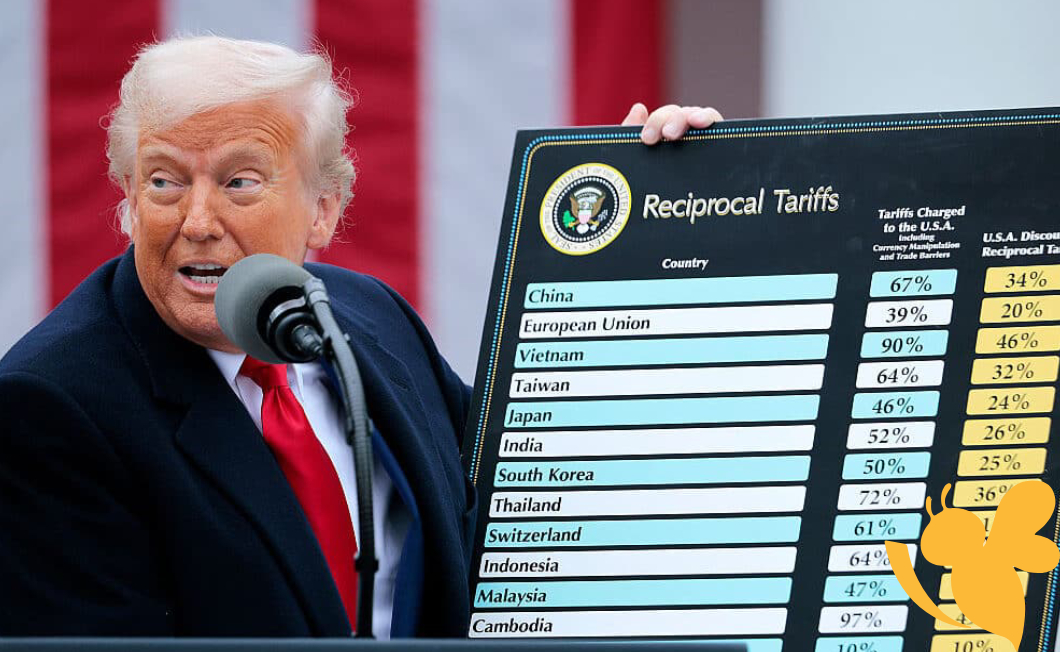The recent ruling by a U.S. federal court that blocked former President Donald Trump's proposed tariffs has significant implications for the boundaries of presidential power. The Court of International Trade determined that Trump's invocation of the International Emergency Economic Powers Act (IEEPA) to impose sweeping tariffs constituted an overreach of authority, as such powers are traditionally reserved for Congress . This decision arose in response to lawsuits from various U.S. businesses and states, which argued that the tariffs were economically damaging and legally unfounded.
"The court does not pass upon the wisdom or likely effectiveness of the President's use of tariffs as leverage," a three-judge panel said in the decision to issue a permanent injunction on the blanket tariff orders issued by Trump since January. "That use is impermissible not because it is unwise or ineffective, but because [federal law] does not allow it."
The judges also ordered the Trump administration to issue new orders reflecting the permanent injunction within 10 days. The Trump administration minutes later filed a notice of appeal and questioned the authority of the court.
The court invalidated with immediate effect all of Trump's orders on tariffs since January that were rooted in the International Emergency Economic Powers Act (IEEPA), a law meant to address "unusual and extraordinary" threats during a national emergency.
Trump’s “liberation day” tariffs shook global financial markets and led many economists to downgrade the outlook for US economic growth. So far, though, the tariffs appear to have had little impact on the world’s largest economy.
While Stephen Miller, the White House deputy chief of staff for policy, greeted the news of the ruling with a public social media post claiming “the judicial coup is out of control”, Trump did not immediately post a response on Truth Social. He responded on his platform instead to what he characterized as a favorable ruling in another lawsuit, in which he is suing the Pulitzer board, which awards America’s most prestigious journalism prizes.
The tariffs lawsuit was filed by a group of small businesses, including a wine importer, VOS Selections, whose owner has said the tariffs are having a major impact and his company may not survive.
Moreover, the court's ruling specifically addressed Trump's plans to impose tariffs on imports from numerous countries, including China, Mexico, and Canada. The proposed tariffs included reciprocal levies based on trade deficits and baseline tariffs affecting nearly all other nations . By rejecting Trump's unilateral approach to tariff imposition, the court reinforced the principle that only Congress holds the authority to regulate foreign trade—a critical aspect of maintaining a balanced government structure.
Read more
Shedding Pounds Just Got Cheaper: Weight Loss Drug Prices Fall Apple iPhones might adopt 200MP cameras, similar to SamsungSarah H
Also on site :
- Dreamy Boracay escape
- Parents’ intuition more likely to predict child’s critical illness than checking vital signs, study finds
- Falling for Manila’s cultural whirlwind

